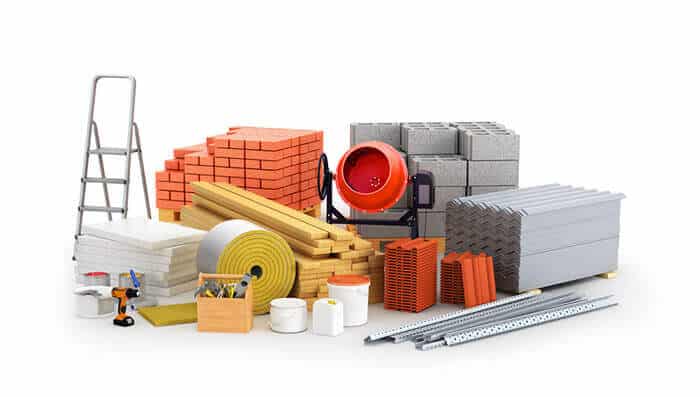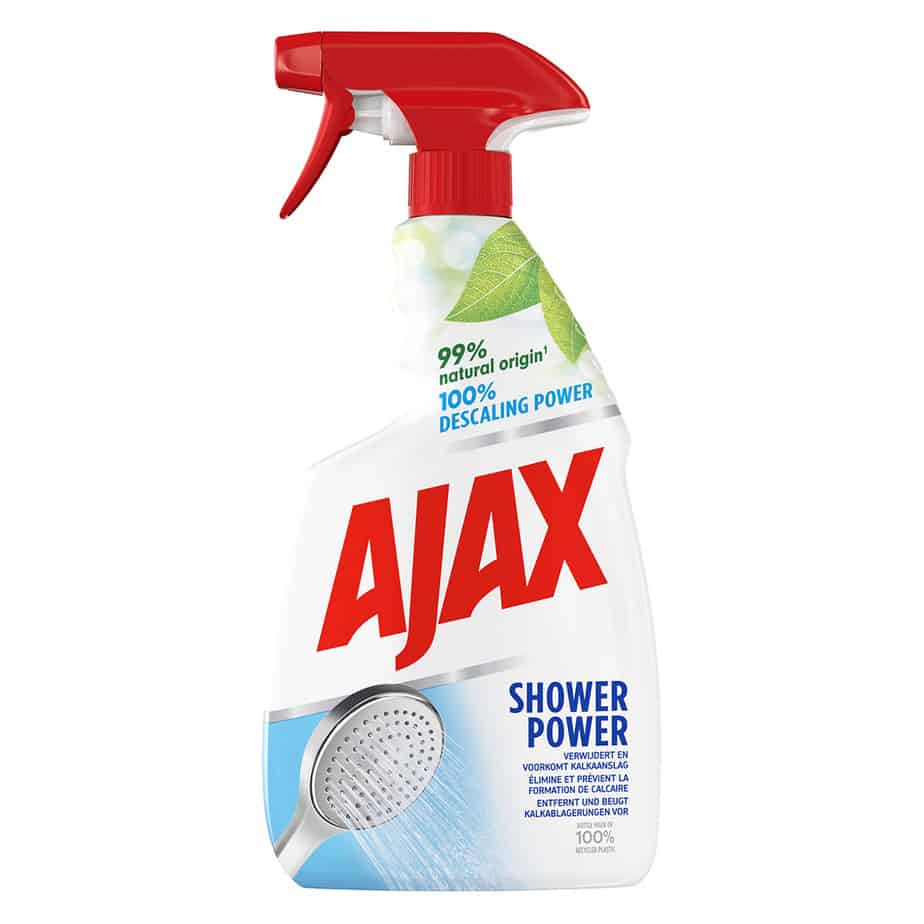Possible sources
of indoor air emissions
-
All products and materials present or used indoors can emit volatile substances.
-

Cleaning products
Cleaning products can emit a large number of volatile substances. It is essential, therefore, to choose low emissions products.
-

Furniture and bedding
According to the ANSES (French National Agency for Food, Environmental and Occupational Health and Safety), over 661 different substances can potentially be emitted by furniture.
-

Building and insulation materials
We spend more than 80% of our time indoors.
Perlite, wools, foams and other insulating fibres can be highly emissive throughout their whole life cycle, impacting indoor air in the long term.
-

Paints, lacquers and varnishes
Paints can contain heavy metals such as cadmium, chromium, zinc, lead carbonate and many solvents.
Therefore, choose paints that are based on cultivated minerals and components and contain as few synthetic products as possible. Finally, pay attention to the claims made by some brands and labels. -

Scented candles and air fresheners
Whether in spray, candle or diffuser form, the substances emitted by fragrance products can sometimes be extremely concentrated. Currently, there is no legal requirement for labelling that takes into account all of their emissions into the air.
-

PVC, vinyl, laminate, etc. floor coverings
Numerous studies have shown that our floors, PVC, laminates, vinyl, etc. are often highly emissive.
It is therefore advisable to find out about their emissions into the indoor air, but also about those of the glues and varnishes that come with them.
-

Cushions, soft toys, fabrics, foams, textiles, mattresses, etc.
Synthetic fibres and textiles may contain formaldehyde, phthalates and other nanoparticles.
-
Cosmetics, make-up, body care, deodorants...
Often tested for their dermatological impact, these can emit many substances into the air.
-
And many more besides...
{"original_image":"6630","cropped_image":15399}
The majority of industrial products can produce emissions and have numerous impacts.
Since this issue is still not well known, it is essential to inform consumers to help them choose products that emit less into the air.
CERTIFIED PRODUCTS
The label that insures indoor air quality
“Air Label Score” guarantees consumers the best available information on the emissions of products into indoor air. Products tested are given a score between A+ (very low emissions) and C (high emissions), which represents their emission level.
All products
All products



